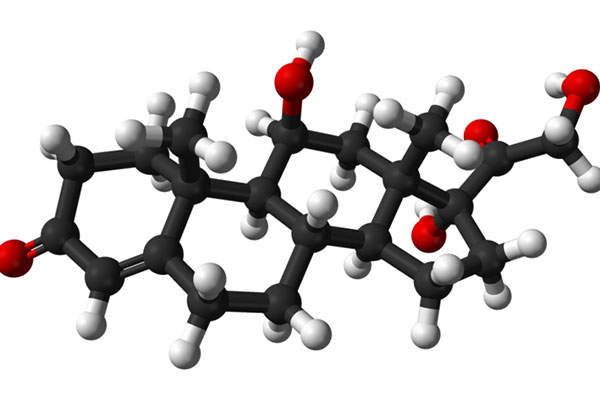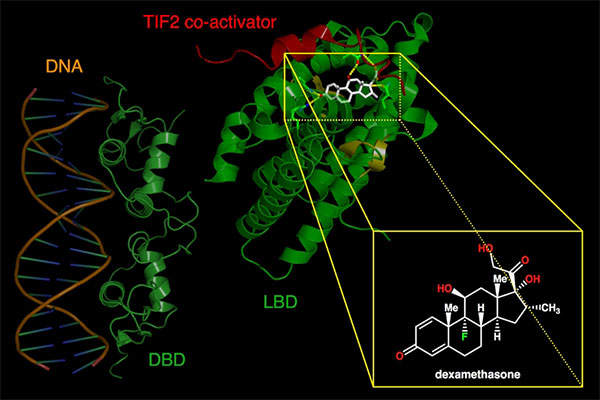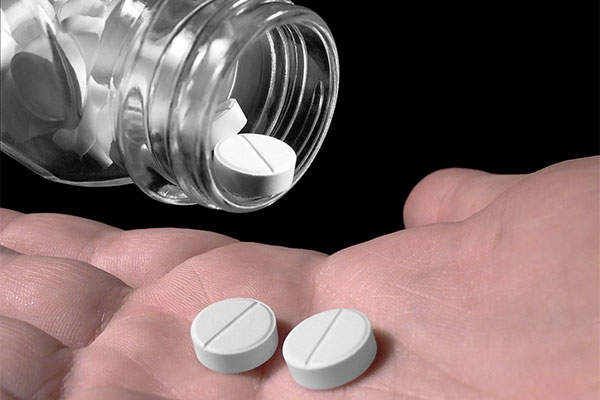Korlym (mifepristone) is a glucocorticoid receptor blocker indicated for the control of high blood sugar levels in adult patients suffering from endogenous Cushing’s syndrome. The drug was developed by Corcept Therapeutics.
The US FDA approved Korlym in February 2012 for the treatment of endogenous Cushing’s syndrome in type 2 diabetics or patients with a glucose intolerance that have not responded to or are not candidates for surgery.
About Cushing’s syndrome
Endogenous Cushing’s syndrome is an endocrine disorder. The disease occurs due to tumours that usually develop in the pituitary or adrenal glands, resulting in the over-production of the hormone cortisol. The excessive levels of cortisol can result in hyperglycaemia, accumulation of fat, upper body obesity, muscle weakness, bone weakness, menstrual irregularities in women, high blood pressure, fatigue, anxiety, psychosis and depression. The disease has a five-year mortality rate of 50% if not treated.
The disease is estimated to affect about 20,000 people in the US. It is found to occur more commonly in women aged between 20 and 50 years. It is also found that over 70% of the patients with Cushing’s syndrome suffer from glucose intolerance or diabetes.
Korlym’s mechanism of action against endogenous Cushing’s syndrome
Korlym binds to the glucocorticoid receptor blocker and blocks the action of cortisol. The drug does not decrease the production of cortisol, but just reduces the effects of surplus cortisol.
The drug is available in 300mg tablets for oral administration.
Clinical trials of Korlym (mifepristone)
Phase I/II clinical trials of Korlym were conducted between November 2008 and March 2010. The primary outcome measure of the study was to establish improvement in diabetes and / or glucose intolerance over 24 weeks. The secondary outcome measures included the drop in diastolic blood pressure from the baseline over 24 weeks.
The approval for Korlym was based on the clinical data collected from an uncontrolled multicentre, 24-week Phase III clinical study. The study was conducted across muliple centres in the US between December 2007 and January 2011. The primary and secondary outcome measures of the study were similar to those of the earlier studies of the drug.
The Phase III study was conducted with over 50 patients suffering from endogenous Cushing’s syndrome, who were either glucose intolerant or had hypertension. The patients were treated with 300mg dose of Korlym initially, then allowed to increase the dose to 600mg in two weeks time, and finally to a maximum of 1200mg dose.
The results of the study demonstrated that about 60% of the patients in the glucose intolerant group who were treated with Korlym showed over 25% reduction in a glucose tolerance test. The mean haemoglobin A1C (HbA1C) in the group was reduced from 7.4% to 6.3%.
The study was further continued as an extension trial. The side effects associated with Korlym during the clinical studies included nausea, fatigue, headache, decreased blood potassium, arthralgia, vomiting, peripheral oedema, hypertension, dizziness, decreased appetite and endometrial hypertrophy.
Marketing Korlym in the US
Related project
Signifor (Pasireotide) – Treatment for Cushing’s Disease, Germany
Signifor (SOM230 / Pasireotide) is a somatostatin analogue indicated for the treatment of patients with Cushing’s disease for whom surgery has failed.
Korlym received orphan drug designation in the US. Corcept holds the marketing rights of Korlym in the US until February 2019. Corcept appointed CuraScript SP, a specialty pharmacy company, to provide information about Korlym to practitioners in the US.
Other medications available in the market for the same indication include Signifor developed by Novartis, Nizoral produced by Janssen-Cilag and Lysodren developed by Bristol-Myers Squibb.





